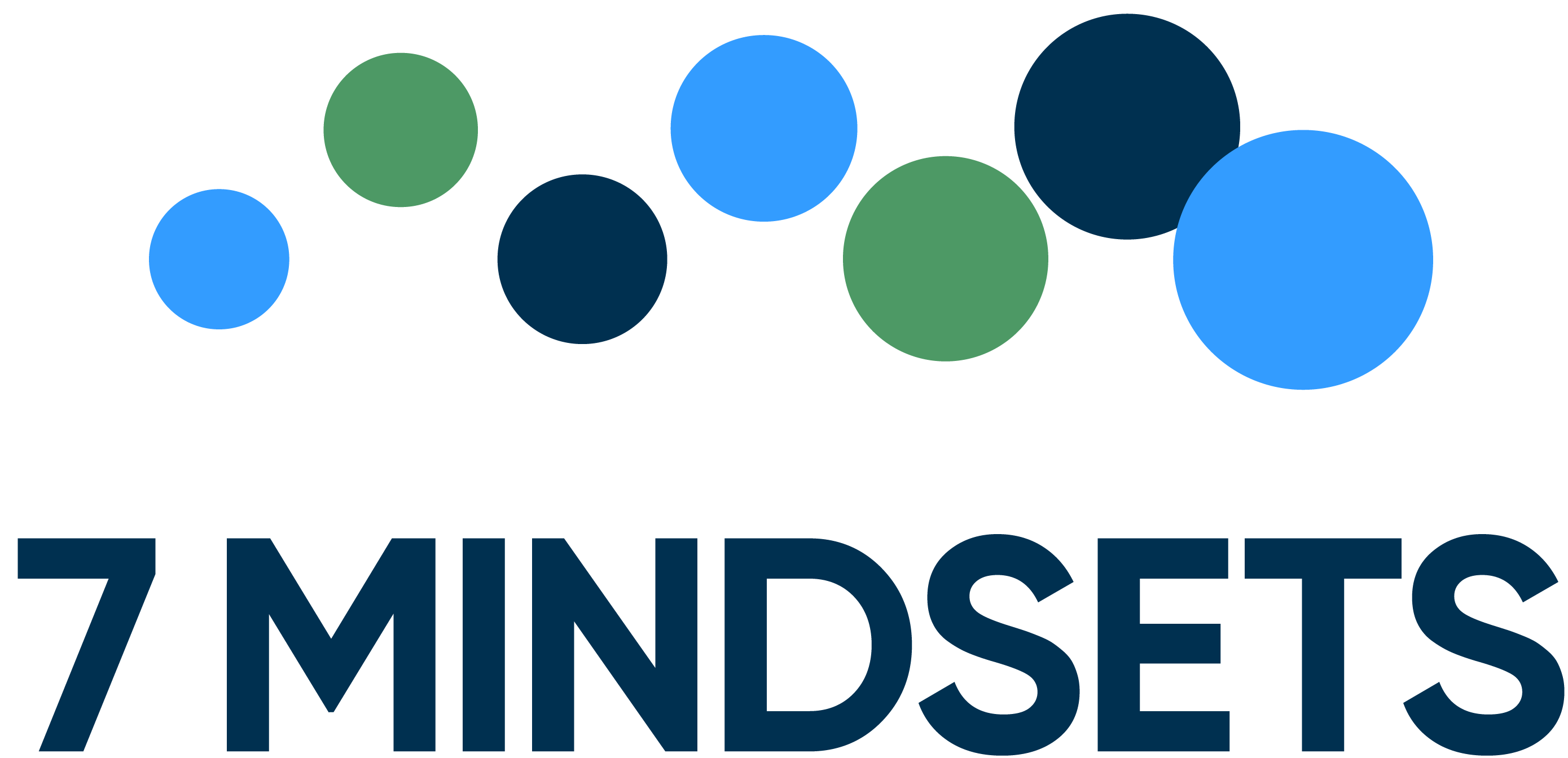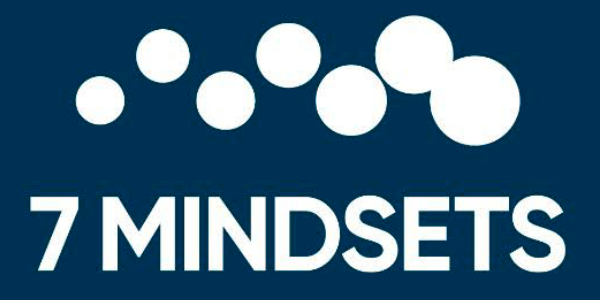BASE
Why Our Middle and High School Curriculum
Makes a Difference
Tailored specifically to secondary learners, our middle and high school modules reflect the unique needs of students in grade 6-12. This includes more concise content with relatable examples and images, leveled vocabulary and topic discussion, and developmentally appropriate lines of questioning. Our curriculum addresses current and relevant topics essential for teens’ mental health and wellness.

Modulized Content
Empowers students with the tools necessary to vocalize and make sense of their feelings.

Journalistic Introspection
Helps students connect the material to themselves and feel more comfortable providing honest responses relative to their mental health, giving insights into their students’ well-being.

Engaging Educator Guides
Provides developmentally appropriate lessons, activities, and discussion topics for middle school students.

Erin’s Law Curriculum Series
Approved legislation in 38 states, Erin’s Law mandates age-appropriate education to empower students in recognizing and preventing abuse. Join us for a comprehensive curriculum featuring eight modules for students, educator guides with worksheets, and parent/guardian resources to ensure a holistic approach to safety education.

Explore Our Middle and High School Modules
Discover our extensive library of 35+ modules designed specifically for middle and high school students, covering essential topics to connect to their feelings and support their emotional development.




